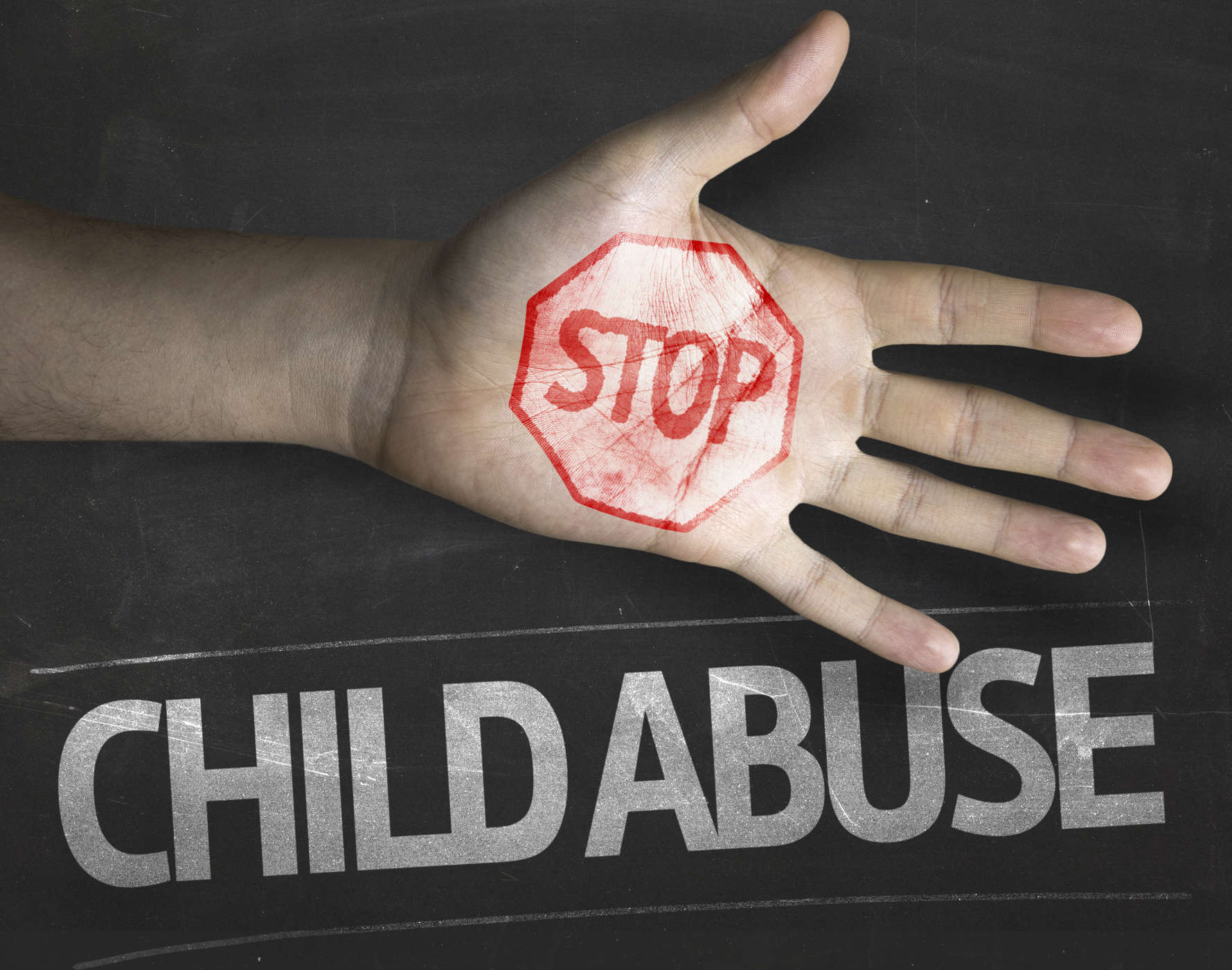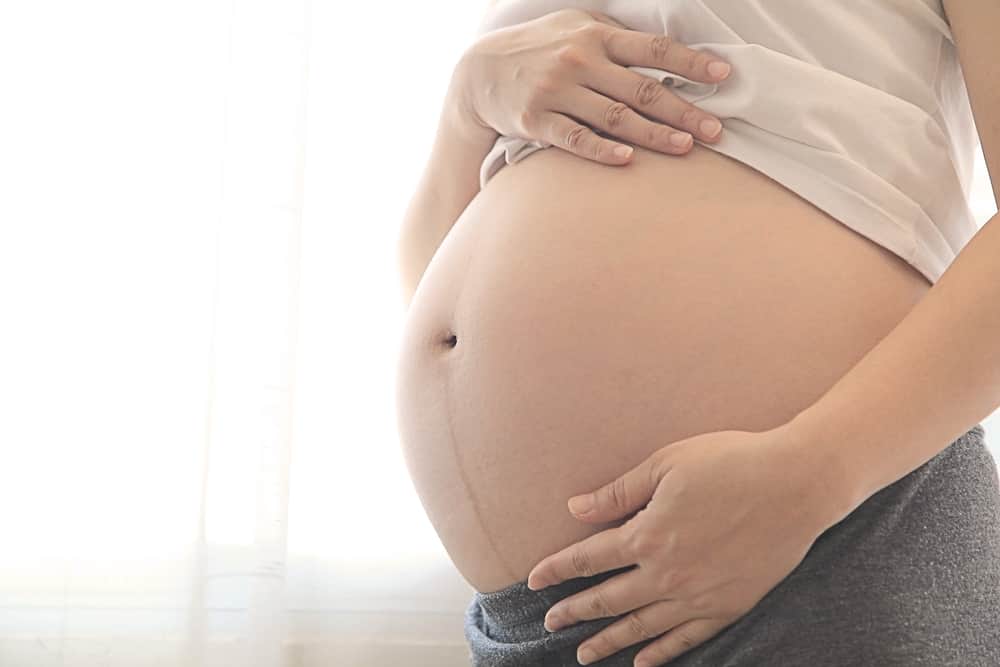Contents:
- Medical Video: Reaching Out: Child abuse, the different types and who's at risk. Abuse Hotline 1-800-4-A-CHILD
- What are the types of violence against children?
- Signs of violence in children
- Signs of physical violence
- Signs of sexual violence
- Signs of emotional violence
- Signs of neglect
Medical Video: Reaching Out: Child abuse, the different types and who's at risk. Abuse Hotline 1-800-4-A-CHILD
According to the World Health Organization (WHO), a quarter of adults have experienced physical violence when they were little. Violence in children is abuse and negligence in children, and is not always clearly visible, so it can be ignored. In addition, children who suffer from violence may not tell anyone or understand what is happening. Without the awareness and supervision of an adult, children may not get help. It is important for parents to understand about violence in children, signs and how to support your child.
What are the types of violence against children?
Violence in children is not only limited to physical violence. Although physical violence is more apparent, there are other types of violence that are sometimes invisible. For example, neglecting the needs of children, leaving children in situations that are not monitored or dangerous, or making children feel worthless or stupid is also violence to children. Whatever the type of violence, the results can cause adverse effects on the psychological and social development of the child.
Here are some types of child abuse that can occur:
- Physical violence: a child is injured or is in danger.
- Sexual violence: this can occur in any sexual activity in children.
- Emotional violence: can include verbal or emotional assault, such as underestimating or berating, isolating, or ignoring the child.
- Medical violence: if a child is intentionally made ill, this can be considered as medical violence, where the child is in serious danger.
- Neglect: children are not given food, accommodation, affection, education or adequate medical care.
Signs of violence in children
Violence in children can occur in any family or social class. It is difficult for children to tell them that they are being treated improperly, usually because the persecutor is someone they respect, such as a parent or teacher. There are several warning signs that can help you recognize if a child is experiencing violence, such as:
- Children isolate themselves from friends or daily activities
- Children are irritable, aggressive, or rude
- Children show poor performance at school
- Children show signs of depression or unusual fear, losing self-confidence
- Children may skip school often or skip social activities
- Children may show signs of rebellion or challenging behavior
- Children may try to commit suicide.
Signs of physical violence
Physical violence can intentionally or unintentionally endanger children. This can occur from inappropriate penalties, such as pounding a belt on a child. Children who experience physical violence generally have the following signs:
- injury of unknown origin, or for certain reasons
- medical or dental problems that have no known cause
Signs of sexual violence
Sexual violence is a complicated matter, because the victim feels embarrassed. Therefore, cases of sexual violence are often not reported. It is important to know that sexual violence in children does not always include physical contact. Exposing children to adult material or sexual situations also includes sexual violence.
Here are some signs that indicate sexual violence:
- have sexual behavior that is not semustinya
- pregnant or having a sexually transmitted disease
- have problems with intimate organs, pain or difficulty walking or sitting
- there is blood on underwear.
Signs of emotional violence
Emotional violence can seriously disrupt a child's mental health and social development, resulting in prolonged psychological injuries. Although emotional violence may not show physical symptoms, here are some signs that you can pay attention to:
- lose self confidence
- signs of depression or anxiety
- headache or sudden abdominal pain
- withdraw from social activities, friends, or parents
- need excessive love
- delayed or disrupted emotional development
- often skip school and decrease performance, lose enthusiasm for school
- avoid certain situations
- losing skills.
Signs of neglect
Abandonment of children is difficult to detect. Ignoring children is the failure to provide protection to children. Parents may not be able to provide for children's needs due to disability, illnesses such as depression, or severe injury. Sometimes, adults with drug abuse have difficulty caring for children and in assessing situations that are safe for children.
The following are signs of child neglect:
- children feel indifferent
- have poor hygiene
- have high growth or poor weight
- lack of clothing or other children's equipment
- poor performance at school
- lack of medical care or emotional care
- eat a lot or keep food secretly
- emotional disorders, irritability or frustration
- feeling of fear or anxiety
- unreasonable weight loss
Sometimes, signs of child abuse can also be seen in parents or teachers, such as:
- support physical discipline or encourage others to do it
- ignore the child's physical or mental discomfort
- provide inconclusive reasons for child injury
- blame the child on every mistake, scold or belittle the child, often calling with bad terms
- ask the child to give special attention and jealousy to other family members who get attention from the child
- denying any problems at home or at school, blaming the child for problems
- physically or academically unreasonable
- restrict children's relationships with others
If you realize your child or other child has the above signs and symptoms, immediately seek help and support from another person, doctor, or police. Be aware that doctors can help you report cases of child abuse to the authorities.
READ ALSO:
- How to Teach Children to Protect Themselves from Sexual Violence
- My child is aggressive. How to overcome it?
- Is Your Child Depressed?












